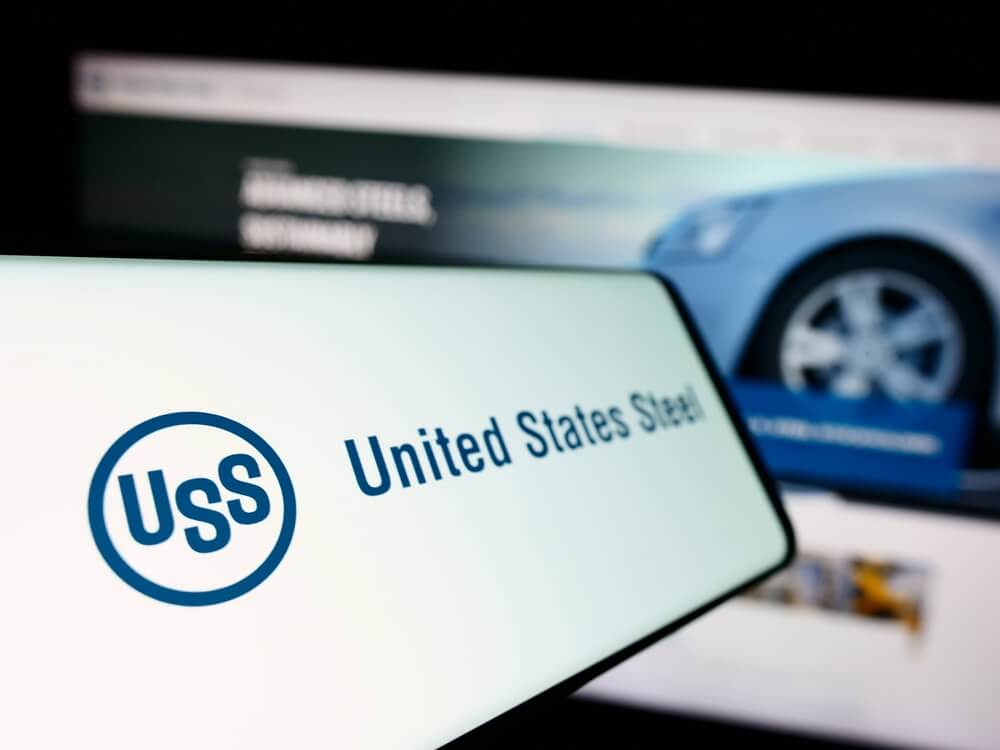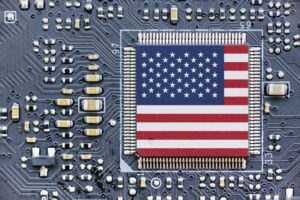An important American national security institution stands at a crossroads. The Committee on Foreign Investment in the United States (CFIUS), which for decades has protected key domestic industries against potential threats from foreign investments, has been thrust into uncharted territory.
At issue is the proposed acquisition of U.S. Steel by Japanese-owned Nippon Steel. The deal has become a hot button issue during this election cycle with both major presidential candidates, the White House and numerous members of Congress voicing opposition in an unwise attempt to portray themselves as pro-worker and win political points.
At this stage, the only obvious way to stop the deal is through the CFIUS review process. The independent interagency committee, which is chaired by the secretary of the Treasury Department and includes officials from several other cabinet agencies, can empower the president to block or impose conditions on transactions that involve foreign investment if it concludes that it could pose a risk to U.S. national security interests. As such, there have recently been persistent attempts by politicians from across the political spectrum to influence the ruling of the committee.
They have sent letters and they have made public statements. Even President Biden has entered the fray by seeking to broaden the definition of national security to include safeguarding the domestic economy and by signing an executive order that pushes CFIUS to protect the U.S. industrial base beyond military production. But contrary to all the alarmist rhetoric, the fact remains that by any objective standard this deal does not appear to pose a national security threat to the United States.
Deal won’t impact defense industrial base
One of the most important points to consider is that the Department of Defense requires only 3 percent of American steel production to meet its needs. Yet U.S. Steel produces only about 18 percent of domestic steel and according to the Washington Post, the Pentagon “does not buy anything directly from the company.” In short, this deal is not going to impact the defense industrial base.
Furthermore, any concerns about foreign ownership of U.S. Steel should be allayed both by the fact that Japan is one of America’s closest allies – the country purchases more than 90 percent of its defense imports from the United States. Nippon Steel has also made clear that Americans will retain a majority of the board seats and maintain key leadership positions at U.S. Steel.
The reality is that foreign direct investments from strategic allies often benefit both the U.S. economy and national security. In 2022 alone, for example, Japan invested more than $700 billion into the United States. Keeping with such trends, Nippon Steel has pledged to make nearly $3 billion in investments to upgrade U.S. Steel facilities. This would strengthen supply chains, introduce new technologies and enhance production capacity.
Countering China’s unfair trade practices
Combining these two companies together would also create the second-largest steel producer in the world, second only to China’s Baowu Steel Group. This could provide an effective counter to China’s anti-competitive practices such as the dumping of cheap steel, which has long been recognized as a significant threat to the industry in America.
In light of these facts, most would be led to conclude that pressuring CFIUS to block this deal would be an improper politicization of the organization that could be potentially dangerous for American national interests. If CFIUS deviates from its core national security mission it risks undermining the legitimacy of its own work, deterring crucial foreign investments and weakening relationships with key allies.
This last point becomes especially critical as the United States seeks to stem the rise of China in the Asia-Pacific region. Pulling American allies closer through mutually beneficial commercial ventures such as what has been proposed between U.S. Steel and Nippon Steel will help strengthen those ties, leaving America’s industrial base better prepared should conflict arise.
Japan has been a steadfast ally in these efforts, but a rejection of Nippon Steel’s investment in U.S. Steel could be interpreted as a rebuke of their role as a strategic partner, damaging the trust and cooperation that will be vital for addressing broader geopolitical challenges.
Window of opportunity beyond politics
While it appeared that the White House was preparing to block the deal in early September, a reprieve has fortunately been granted. U.S. Steel and Nippon Steel have withdrawn and resubmitted their application to CFIUS, triggering a new 90-day review process that extends past the upcoming election. This extension will hopefully provide a window of opportunity for more thoughtful decision-making.
At the end of the day, the path CFIUS chooses in the face of these pressures will have far-reaching implications for American national security, economic prosperity, and global leadership in the years to come. By demonstrating extreme judiciousness in the thousands of investigations the panel has conducted in its history it has, without question, maintained its authority as an independent arbiter of national security interests in foreign investments. Allowing politics to interfere with their work now would harm both the committee’s integrity as well as the national interests of America.







